Whenever the subject of problems with sexual performance comes up, then for most men it’s immediately related to a failure to either achieve a full erection, or to sustain an erection right through to the satisfactory end. This subject is dealt with under the heading Erectile Dysfunction, or ED, and more and more research is going into it.
Unfortunately, for many men, it’s a matter to be hidden rather than discussed, since it reflects on his “manhood”. But thankfully the attitude is changing, due to wider discussion in the media about the extent of the problem. In fact, about 30 million men in the US are experiencing ED at some point in their lives and far from being a matter to be avoided when talking with your healthcare provider, it’s something that can be openly dealt with.
Some recent research has reinforced the need for full and frank disclosure if you have any thoughts that you may be experiencing any degree of erectile dysfunction.
In the Journal of Sexual Medicine, an article published at the end of 2021 has this conclusion: Erectile dysfunction is associated with major depressive disorder (MDD), but treatment is associated with decreased rates of MDD.
To put that into layman’s terms, in many cases, ED can be both a result of depression and anxiety, and can be a cause of depression. What follows from this is the new concept that treating ED can on its own be a way to treat MDD.
The research is showing that by treating ED, men are at the same time treating some of the root causes. By boosting their sexual performance through treatment, they can lift their spirits. In this way you can fix associated psychological and behavioral problems directly.
The basis of the study was to assess whether men diagnosed with ED and who were treated either with the most widely prescribed treatment, which is phosphodiesterase-5 inhibitor, or who had had surgical interventions to implant penile prosthesis, were associated with a lower risk of ongoing MDD.
In the study, ED was found to be commonly associated with MDD, but men who received ED therapies had lower rates of depression compared to those who did not, whether they were treated with phosphodiesterase-5 inhibitors or had penile prosthesis.
The conclusion then is that just by treating ED, you can be directly lowering the levels of any mood disorders and depressions. You will be happier in your sex life, and in your general outlook, simply by addressing the problem of ED.
About phosphodiesterase 5 (PDE5) inhibitors
Phosphodiesterase 5 (PDE5) inhibitors work by relaxing the blood vessels connected to the erectile tissue (corpus cavernosum and corpus spongiosum) in your penis. This then allows more blood to flow into the chambers and helps sustain an erection. All PDE5 drugs only work when you are already at least partially sexually aroused.
All PDE5 drugs come in pill form and are taken orally before the commencement of sex. They share common negative side effects such as facial flushing, headaches, stomach upset/diarrhea/nausea, flu-like symptoms. Usually these are quite rare and when they do occur, they will be mild, and will wear off quickly.
Which pills containing phosphodiesterase-5 inhibitors can your doctor prescribe for you?
Cialis (tadalafil) is known as the ‘weekend pill’ because it can sustain the erection for up to 36 hours.
Viagra (sildenafil) is probably the best-known pill for ED. It works quickly, to promote erection within one hour, but normally erections will only last for between one to four house.
Levitra (vardenafil) is another popular pill, and it works slightly longer than Viagra. As well, it does not interact when taken with food.
